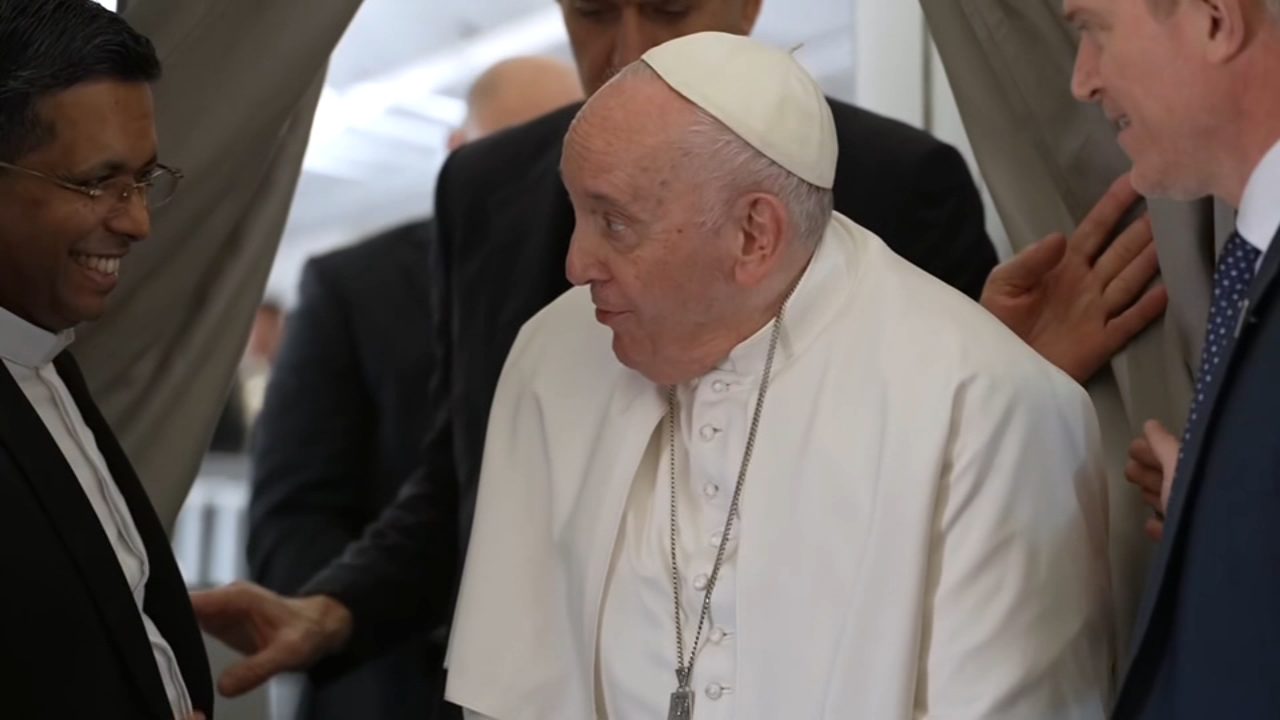Some Pennsylvania school districts to adjust reopening plans under new state recommendations
The guidelines are based on the 7-day rate of transmission in each county.

LOWER MORELAND TWP., Pennsylvania (WPVI) -- Pennsylvania Governor Tom Wolf's administration has issued new health recommendations that are now causing some school district leaders to adjust instructional plans for the upcoming school year.
Wolf's administration announced new recommendations Monday about how districts should safely reopen.
Some parents toldAction News on Tuesday they aren't thrilled.
"School is supposed to start August 31st, so it really doesn't give a lot parents much time to plan," said Reena Shah of Lower Moreland Township.
"No plan should have come out until its what that plan is actually going to be," said Emily Goodman of Center City. "It's very confusing. Parents get one plan and then a week later they get something else and they're trying to prep and plan themselves and it's just not fair."
Last month, Lower Moreland District leaders said students would be able to come to school all five days. Now, at a school board meeting scheduled for Tuesday night, they're going to scale that back and recommend a mix of virtual at-home learning and in-person in response to this new guidance.
The Penn-Delco School District was scheduled to hold an emergency meeting on Monday night to vote on starting the school year remotely. But after the new recommendations were released, the district decided to shelve the all virtual model. The district is staying with its hybrid model of in-person and virtual, with an option for virtual-only.
The Wolf administration has been under pressure to give more health guidelines, but some state Republicans said the recommendations are too little too late.
The guidelines are based on the 7-day rate of transmission in each county, according to the Wolf administration.
Those rates are grouped into three categories: low, moderate and substantial risk of community transmission.
Each week, the Department of Education will publish a list identifying the level of community transmission in each county over the most recent 7-day reporting period.
For areas with low transmission rates, districts could adopt a full in-person model or a blended learning model of at-home and in-person learning.
The department says if fewer than 10 new cases are reported in a county in the most recent 7-day reporting period, the county will automatically qualify as exhibiting a low level of community transmission.
RELATED: Lower Merion educators petition against in-person teaching despite virtual classes.
Most of Pennsylvania's 500 school districts will be in the moderate category.
Moderately affected areas are recommended to have students do a blended learning model or a full remote learning model.
For the week ending August 7, all local counties were in the moderate category:
Berks - Moderate
Bucks - Moderate
Chester - Moderate
Delaware - Moderate
Lancaster - Moderate
Lehigh - Moderate
Montgomery - Moderate
Northampton - Moderate
Philadelphia - Moderate
Then there is the substantial transmission rate in which the state health department recommends fully remote instruction.
"We remain committed to helping our school leaders make thoughtful decisions about the 2020-21 school year while helping Pennsylvania stem the tide of COVID-19 infections in our communities," said Secretary of Health Dr. Rachel Levine. "From the beginning of this pandemic, we have said that decisions would be based on science and on data. These recommendations use that data to help schools make local decisions."
Here is how the Department of Education defines each model:
- Full In-person Model: School is open each day with in-person instruction for all students (with some students/staff in a remote setting as health and safety concerns require).
- Blended (Hybrid) Learning Model: Any model in which the number of students in a school building is reduced to allow for social distancing of 6 feet. This may be accomplished in many ways, including split schedules, schedules that rotate by day or week, or similar approaches. For these recommendations, blended learning also includes scaffolded approaches that treat grade levels in a differentiated manner.
- Full Remote Learning Model: Any model in which all students engage in all learning remotely.
The Department of Education says, "It is important to note that a significant and/or widespread outbreak may require moving to a more remote-based model more quickly."

Meanwhile, High Schools within the Archdiocese of Philadelphia will operate under a hybrid learning plan.
"Based on a review of recent guidance from the governor's office, we believe that our current plans mesh well with the recommendations. That being said, we are fully prepared to be flexible as the year develops and as the pandemic landscape evolves over time. Providing for the health and safety of all members of every school community remains our paramount objective while providing the excellent Catholic education that our school families expect and deserve," read a statement from the Office of Catholic Education.
As for elementary schools, which are all in-person at this point in time, the chief communications officer for the Archdiocese of Philadelphia, Kenneth Gavin, said:
"The recent guidelines from the governor were studied by the Secretary for Elementary Education for the Archdiocese of Philadelphia. Given current average enrollment numbers in our elementary schools coupled with projected number of families electing for virtual learning, the parish and regional elementary schools are able to move forward with their reopening plans and remain within the guidelines. "











